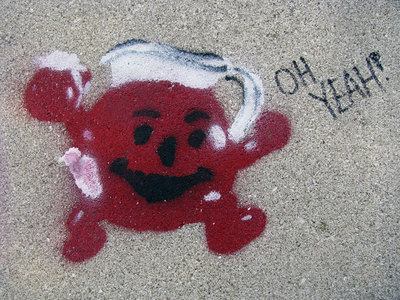From the point of view of some more dogmatic teachers, The Buddha gave his students some crazy instructions. Perhaps the craziest one of all was when he taught them how to regard his teachings. He told them to treat his words like they MIGHT be gold, and might not be anything special. Students were instructed to beat the truth out of his teachings with no mercy or idolatry, with skepticism at the forefront of their minds. In fact, he said “As the wise test gold by burning, cutting and rubbing it…, so are you to accept my words only after examining them and not merely out of regard for me.”
This instruction is even more pressing today. If we are going to discover what this ancient psychological science and tradition of meditative inquiry has to do with today’s world, we are going to have to beat the hell out of these teachings.
When the Buddha taught almost 2600 years ago, they didn’t even have written language with which to communicate great ideas, much less iPhone apps. Galileo, Darwin, and Einstein were millenia away. What does postmodern dharma look like? What does Buddhism have to say about Global Warming, or involvement in democratic politics, or reality TV? Can anyone Twitter mindfully? Is Michelle Obama really a great Bodhisattva? How can meditation help us understand our culture more fully?
Sometimes I talk with my parents–both longtime practitioners and teachers of Buddhist meditation–about how much our culture has changed since they both got interested in Buddhism in the early 1970’s. The cultural moment has progressed irrevocably and the need to skeptically examine beliefs, actions, and culture in the unique context of the present moment has never been more urgent. The pace at which impermanence reshapes our world has never been quicker. Compassion redefines itself at the speed of light, and we need to find some way to keep up.
There’s only one way to deal with the 21st century from a Buddhist perspective: we need goodhearted, compassionate, and inquisitive people to develop a collective allergy to Koolaid.
That’s why the One City blog is here; and that’s why the Interdependence Project is here, too.
I hope you’re allergic to Koolaid. After all, let’s face it; it’s just empty carbs.
(Art courtesy of http://rathausartprojects.com/)

